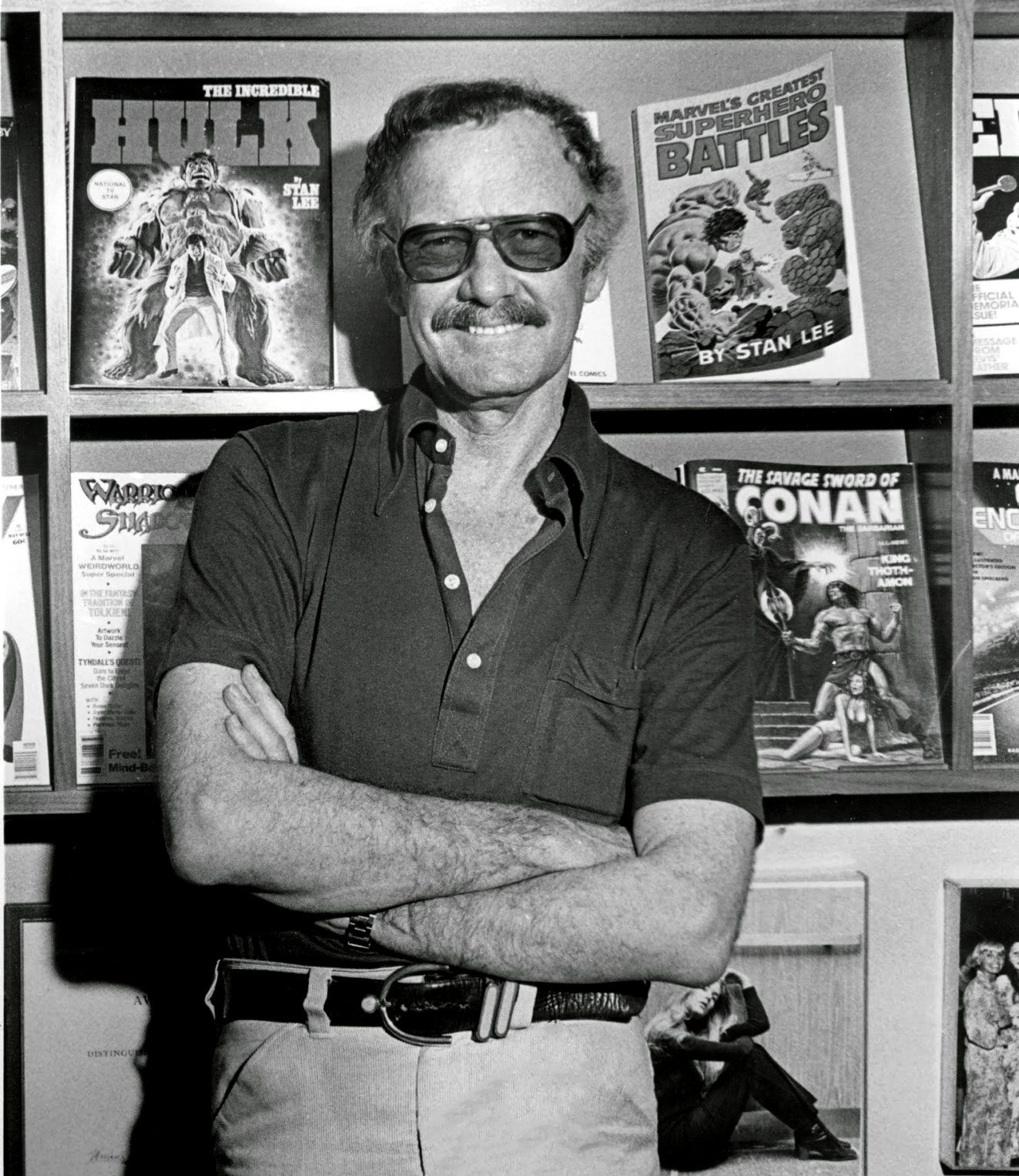'I have never tried to deny Jack's great contribution in all of these, but for him to say he created them all...' Stan Lee 1986
Rarely Seen Interview With Stan
Keep reading with a 7-day free trial
Subscribe to Daniel Best - Author to keep reading this post and get 7 days of free access to the full post archives.





